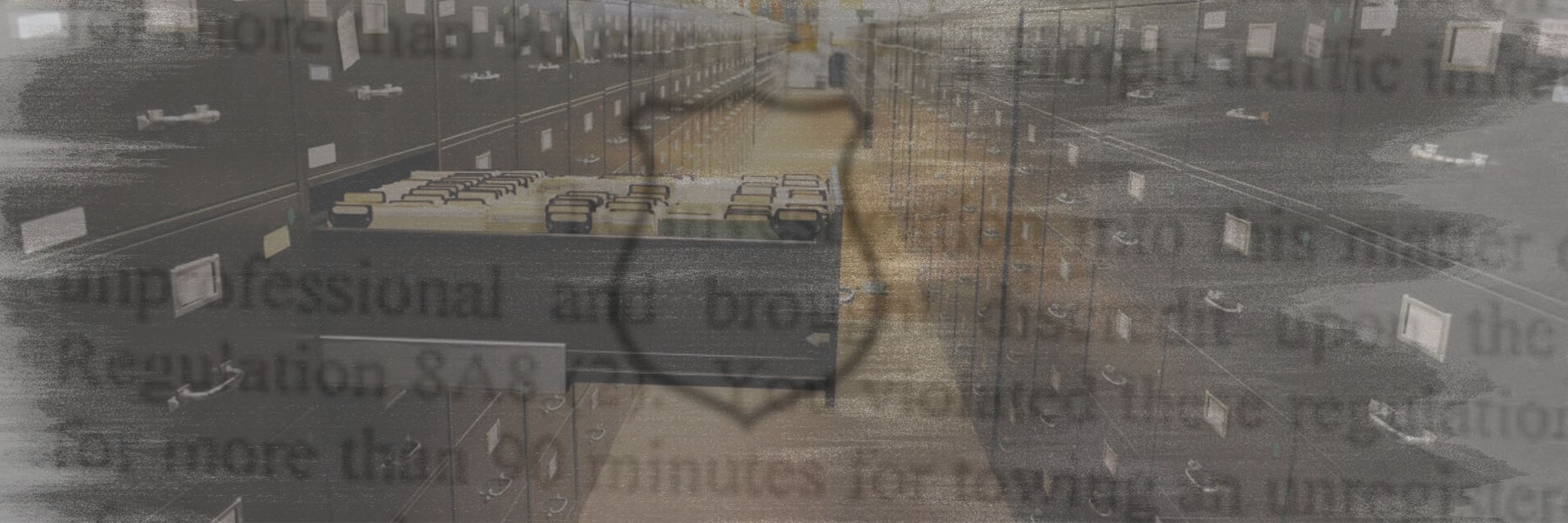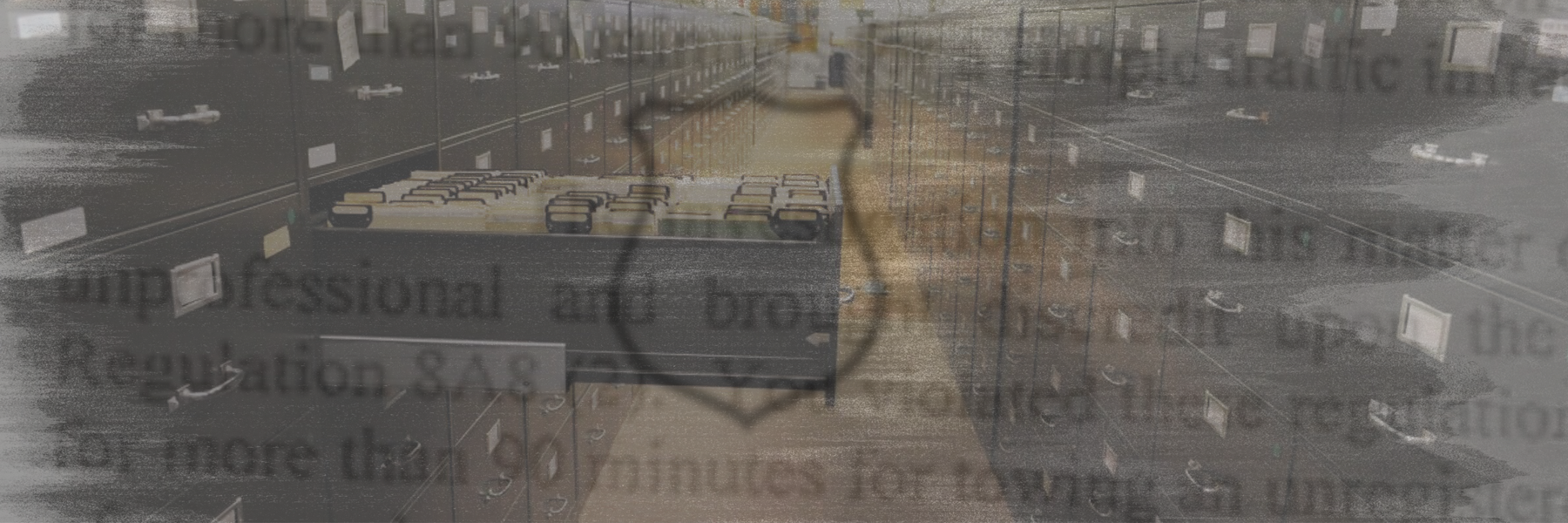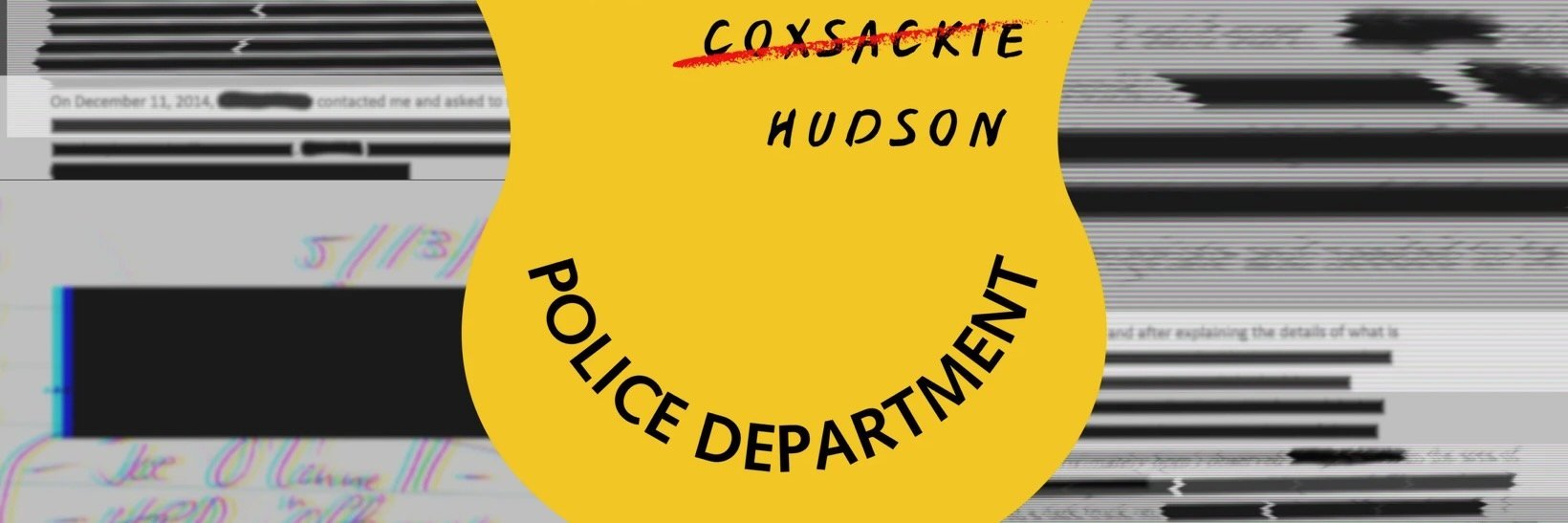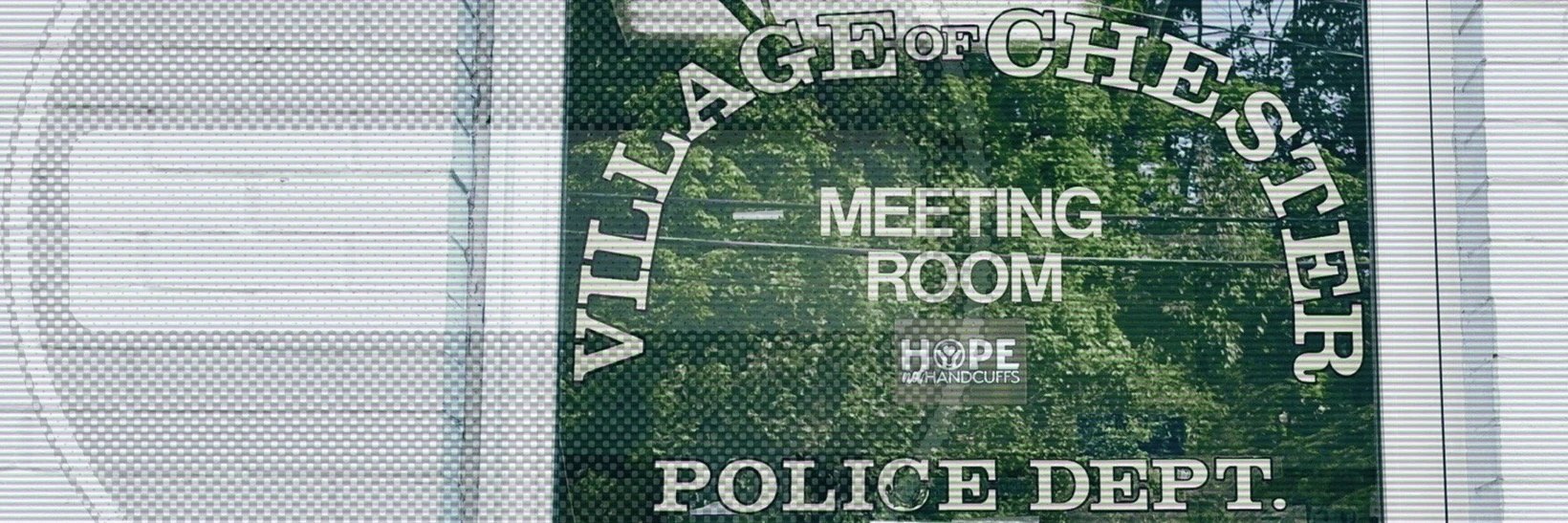Massachusetts agencies can get very creative when trying to avoid complying with public records requests, but some deny requests with such complete disregard for reality that it’s (almost) impressive. Enter the Braintree Police department.
Agencies are only required to provide public documents that already exist - they aren’t required to create new documents. For example, the police don’t have to make you a spreadsheet detailing who they arrested in the past month, what the charges were, and how the cases were resolved in court. There are documents that can give you that information, but you have to sort through them yourself.
Following a request for emails containing phrases like “cellphone camera,” “filming us,” and “video”, Braintree Police Chief Russell Jenkins told the requester that the department “does not maintain records in the form requested.”

Is the issue here that these exact search terms don’t appear in emails referencing police being filmed by civilians? Does searching for an email really constitute creating a document? It’s obvious that the requester is seeking correspondence related to that topic, and the records custodian is obligated to use his or her superior knowledge of the agency’s records to assist the requester in obtaining the records.
The requester could appeal, but this is Massachusetts, and, well … let’s just saw we don’t have the best track record with those. Nevertheless, one should always appeal - because without deliriously disproportionate optimism, public records would never see the light of day in this state.
Another request, originally filed in 2013 but only acknowledged this year, sought “all controlled substance seizure reports from from January 1, 2006 to the date that this request is processed.” Chief Jenkins begins by acknowledging that records of these seizures exist. But …

See, that bit there? “In order to adequately respond to your request, the Department would be required to create a record.” We’ll have to agree to disagree on that.
Recent reforms to the Massachusetts Public Records Law might be enough to ensure greater transparency in the state, but the culture of casual obstruction among public officials spawned by decades of an inadequate and unenforced law can’t be done away with by the Governor’s signature, and is likely to hang around for years to come.
So in the meantime, stay optimistic and keep on appealing.
Image via Braintree Police Facebook




